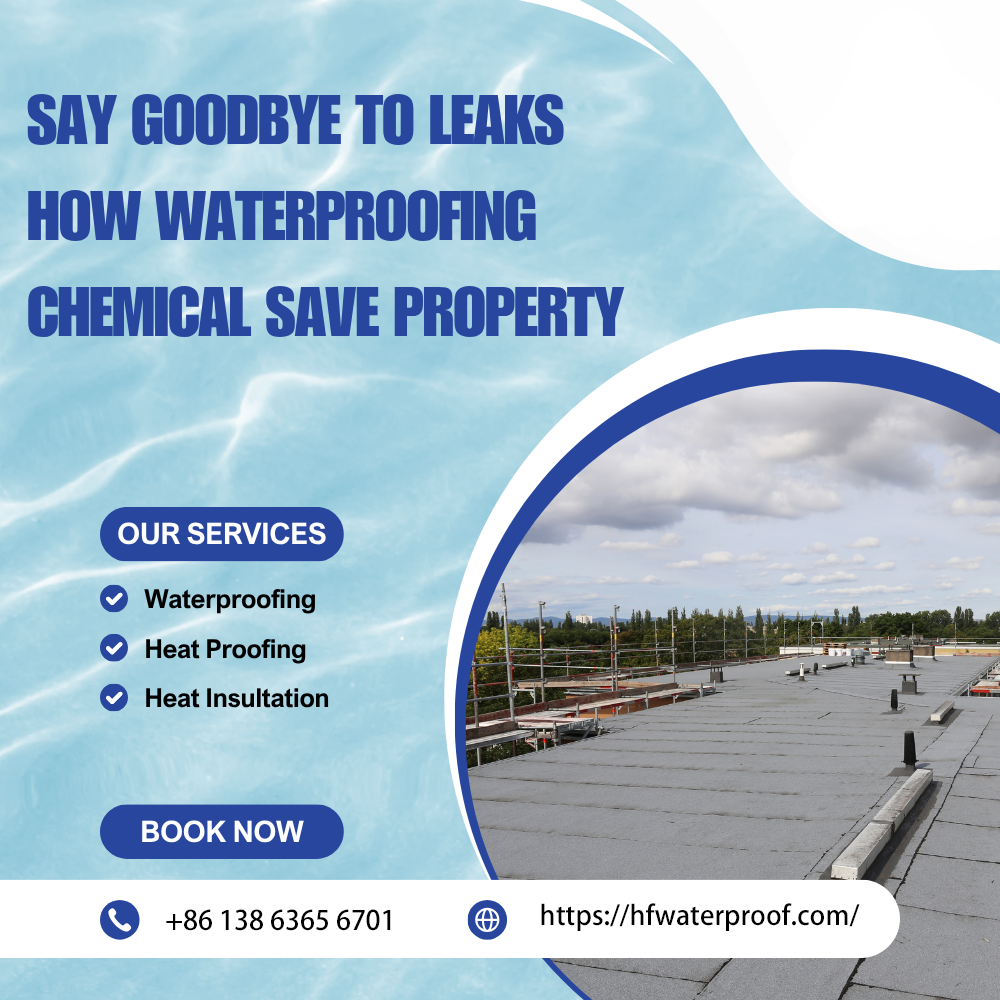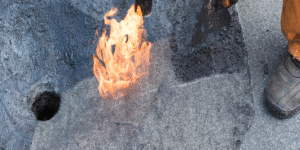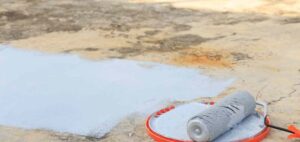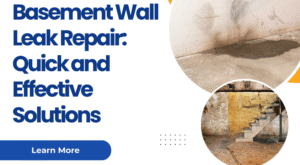Water damage is one of the most silent yet destructive forces that can compromise your property. From unsightly stains and mold to severe structural issues, leaks can cause long-term damage that’s costly to repair. But there’s good news—modern waterproofing chemical offer an effective, long-lasting solution to protect your building. Whether it’s a home, office, or industrial structure, these chemicals serve as a shield against moisture and water infiltration.
In this blog, we’ll explore how water proofing chemical work, their benefits, and why Huafeng Waterproof Materials Co., Ltd. is a trusted name in the industry.
Why Waterproofing Matters
Waterproofing is more than just sealing a crack or patching a wall. It’s a comprehensive strategy to prevent water from penetrating building materials. Without proper waterproofing, water can:
-
Weaken concrete structures
-
Cause mold and mildew growth
-
Damage interiors and finishes
-
Increase maintenance costs
-
Lower property value
Investing in waterproofing not only increases the lifespan of your structure but also saves you money in the long run.
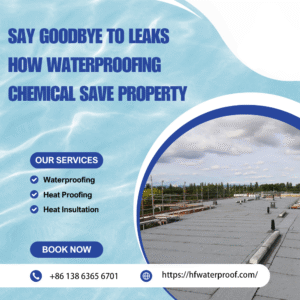
How Waterproofing Chemicals Work
Waterproofing chemicals are specially formulated compounds that create a barrier to water. They are applied to surfaces like roofs, walls, basements, and bathrooms to block water from seeping in.
Types of Waterproofing Chemicals:
-
Acrylic-Based Waterproofing
Often used for roof coatings, acrylics form a UV-resistant membrane that prevents water ingress and reflects heat. -
Bituminous Coating
A thick, tar-like material used for foundations and below-ground surfaces. It’s known for its strong adhesive and water-resistant properties. -
Polyurethane
Ideal for flat roofs and terraces, polyurethane offers high flexibility and resistance against weather changes. -
Cementitious Waterproofing
Commonly used in internal wet areas like toilets and basements. Easy to apply and very effective for areas not exposed to direct sunlight. -
Crystalline Waterproofing
Penetrates deep into the concrete to form crystals that block water paths. Excellent for underground structures like basements and tunnels.
Each type has its specific application, and the right choice depends on the nature and location of the surface.
Benefits of Using Water proofing Chemical
1. Long-Term Protection
Quality waterproofing chemicals form a permanent barrier, reducing the need for frequent repairs.
2. Cost-Effective
While initial investment may seem high, it is far more affordable than repairing water damage repeatedly.
3. Improved Indoor Air Quality
Preventing mold and mildew means cleaner air, which is crucial for health—especially for children and the elderly.
4. Energy Efficiency
Some waterproofing coatings reflect sunlight, reducing indoor temperatures and saving on air conditioning costs.
5. Boosts Property Value
A waterproofed structure is more appealing to buyers and commands a better price in the market.
Areas That Require Effective Waterproofing
-
Flat or Sloped Roofs
-
Basements and Underground Structures
-
Bathrooms and Wet Rooms
-
Balconies and Terraces
-
Water Tanks and Retaining Walls
Frequently Asked Questions (FAQs)
Q1: What are base mats used for in waterproofing?
A: Base mats act as reinforcement layers for bituminous membranes, enhancing durability and water resistance.
Q2: What makes a good waterproofing mat?
A: High tensile strength, chemical stability, temperature resistance, and strong adhesion with bitumen or other coatings.
Q3: What is the most durable waterproofing system?
A: Systems that combine multiple layers—like bituminous membranes reinforced with polyester/fiberglass mats—offer the best long-term performance.
Q4: How do I choose the right waterproofing material?
A: It depends on the application area, environmental exposure, and required lifespan. Contact us for technical guidance.
Ready to Build Better Protection?
📞 Get in Touch with Our Experts Today – Let’s Build Something Waterproof, Together!
- Phone: +86 138 6365 6701
- Email: Huafengwaterproof@gmail.com
- WhatsApp: +86 138 6365 6701
